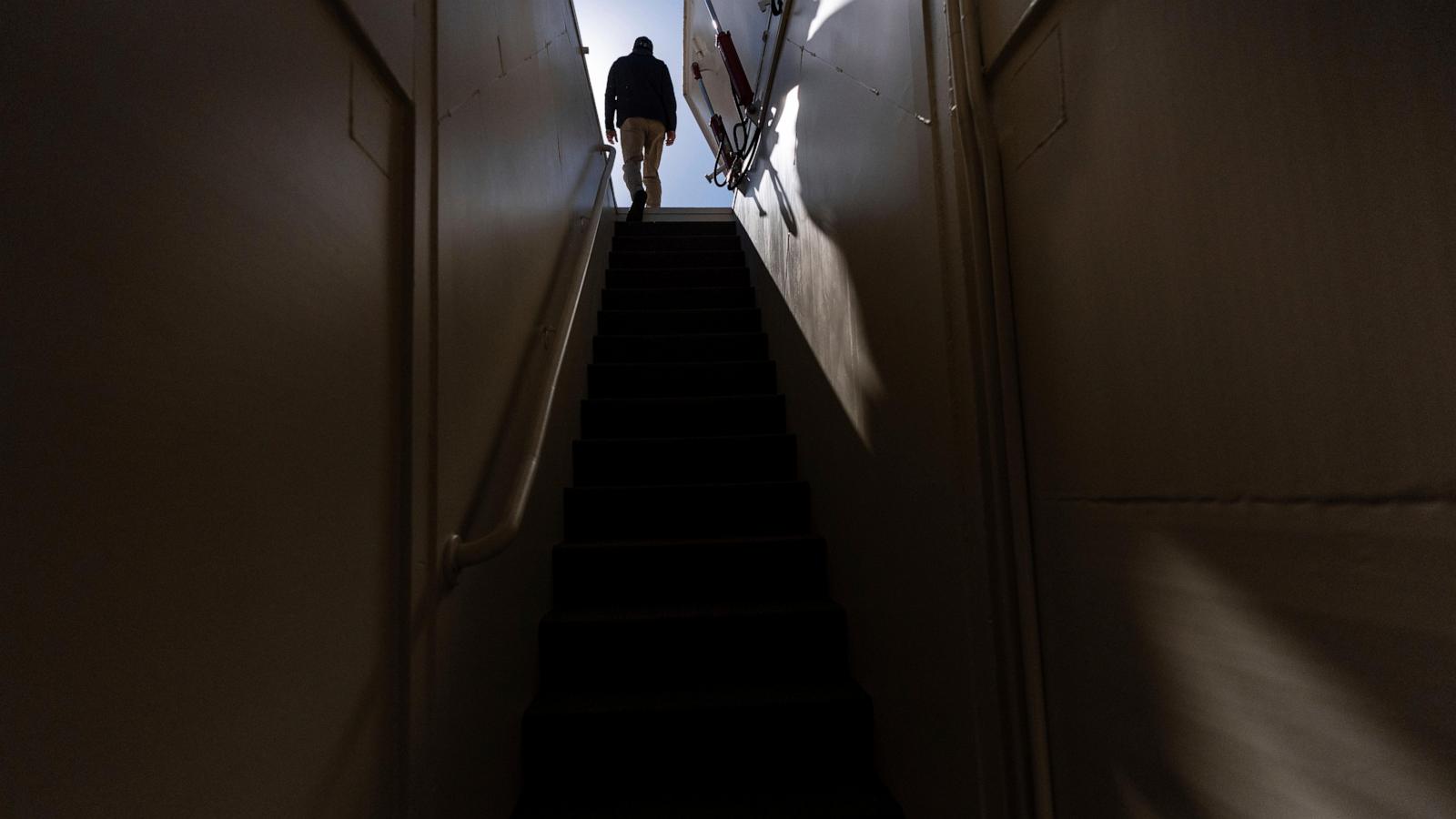Nuclear Bunkers: A Waste of Money or a Necessary Evil?
Are you prepared for the unthinkable? With rising global tensions and increasing nuclear threats, more and more people are turning to the ultimate safety net: private nuclear bunkers. But is this a wise investment, or just a costly illusion of security in a world hurtling toward a potential nuclear apocalypse? Let's delve into this controversial topic and weigh the facts.
The Booming Bunker Business
The market for private fallout shelters is experiencing an unprecedented boom, with predictions of reaching a whopping $175 million by 2030. Driving this surge are concerns about nuclear war, terrorism, and civil unrest – all legitimate fears in today's unpredictable world. Companies like Atlas Survival Shelters are capitalizing on this anxiety, boasting that they've built the world's largest bunker factory. COVID lockdowns, the war in Ukraine, and the recent conflict between Israel and Hamas have further fueled this trend, revealing a stark anxiety in many individuals' minds. But does this demand translate to genuine safety and preparedness?
Do Bunkers Really Offer Protection?
Government disaster experts like FEMA would likely advise against spending enormous sums on private shelters. FEMA guidelines for responding to nuclear events stress the importance of securing shelter in existing structures, preferably basements, which offer adequate protection from fallout. Experts from Lawrence Livermore National Laboratory, where nuclear weapons are designed, support this approach. According to their research, after the initial explosion, there's a 15-minute window before the radioactive fallout arrives, making finding shelter in a sturdy building – whether it's an upgraded basement or a designated public shelter – far more pragmatic than purchasing an expensive, specialized bunker. Their calculations show you'd only need to remain indoors for a day or two. It's far less complex than a private nuclear bunker and offers an immediate and effective defense against fallout.
The Psychological Comfort of Bunkers
Critics argue that investing in private bunkers provides a false sense of security, potentially detracting from the real crisis facing humanity – the proliferation of nuclear weapons. Instead of prioritizing the eradication of these weapons, are we simply allowing ourselves a luxury item which deflects attention away from this crucial task? These private bunkers, it is asserted, are more of a way of psychologically coping with the terrifying idea of global annihilation than truly protective investments against a catastrophic event. This psychological comfort that the bunkers offer might prevent genuine and critical global cooperation against this threat.
The Long-Term Health and the True Crisis
Even if a bunker can save you from immediate radioactive fallout, surviving a nuclear war presents far more profound long-term challenges, especially concerning long-lasting health effects across generations. This highlights a crucial issue in the modern debate over the sale and production of such products. The long-term effects are far more significant and devastating than initial survival itself.
Take Away Points:
- The market for private nuclear bunkers is booming due to rising global tensions.
- Government experts say existing buildings offer sufficient fallout protection, and far greater economic and human-centered sense than the purchase and construction of expensive and private shelters.
- Critics argue bunkers provide a false sense of security and detract from the importance of preventing nuclear war itself.
- Even if one survives the immediate effects of nuclear war, lasting health crises must be addressed.
- The long-term health ramifications of a nuclear war present a more significant issue than immediate fallout, undermining the purported goal of private bunkers.









